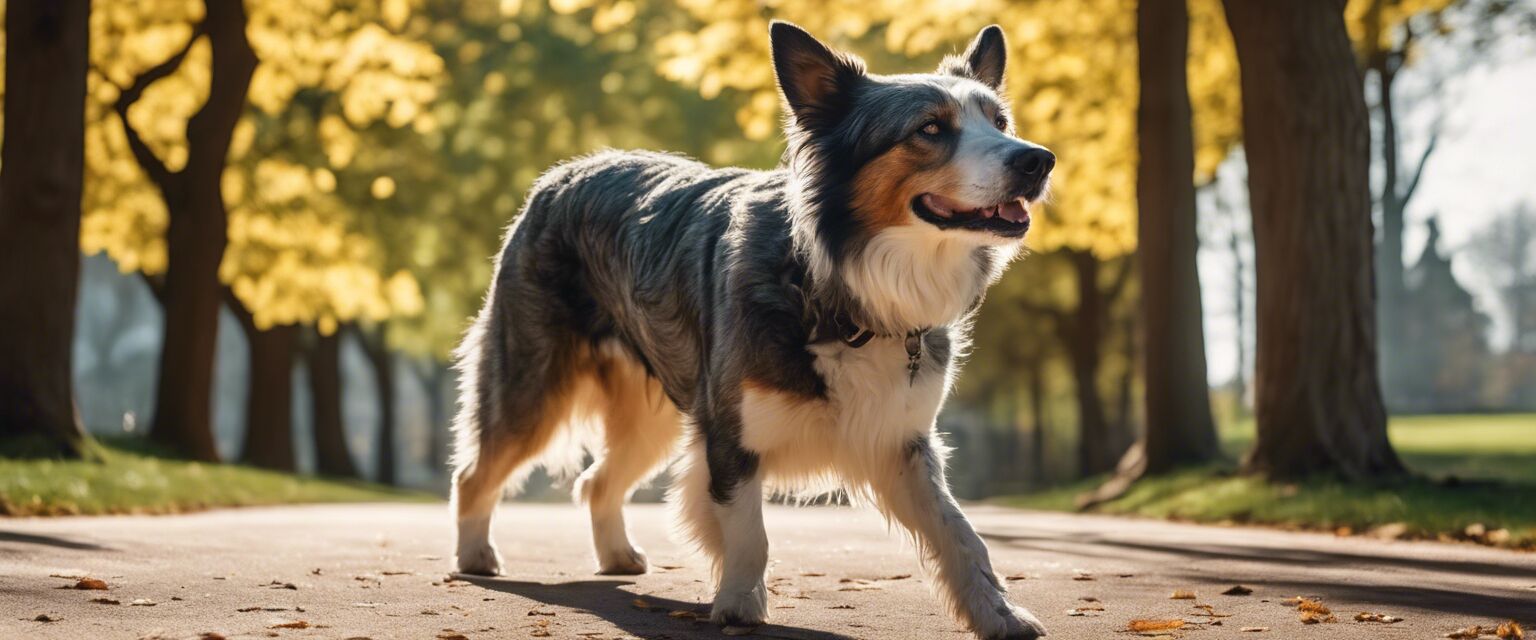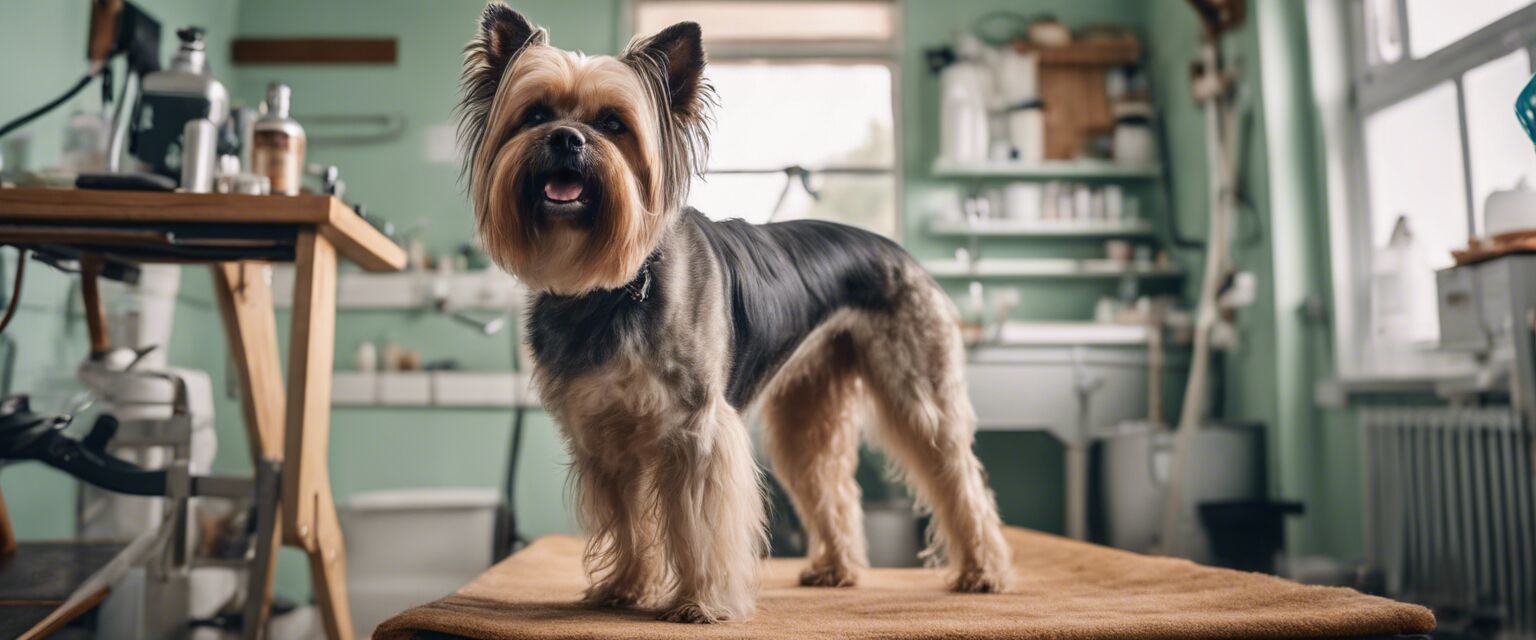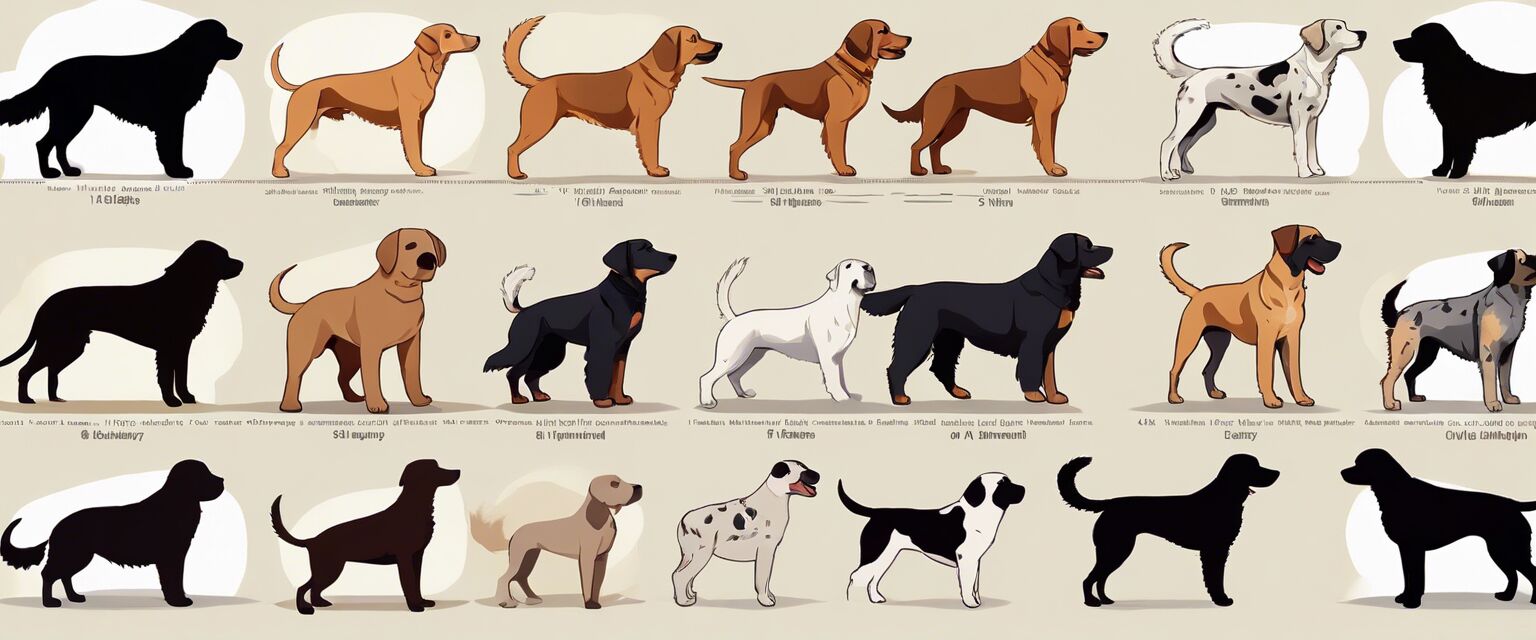
Senior Dog Care
Key Takeaways
- Senior dogs require specialized care to ensure their health and happiness.
- Regular veterinary check-ups are crucial for monitoring health changes.
- Nutrition plays a vital role in maintaining a senior dog's health.
- Exercise and mental stimulation should be adjusted based on your dog's abilities.
Caring for senior dogs is an essential aspect of pet ownership that requires understanding their unique needs. As dogs age, they undergo various changes that can affect their health, behavior, and overall well-being. This comprehensive guide will help you navigate the specific care requirements for senior dogs, ensuring they remain happy and healthy in their golden years.
Understanding the needs of senior dogs
Senior dogs, typically defined as those aged seven years and older, often face various challenges that younger dogs do not. Hereâs a closer look at some key considerations:
| Aspect | Considerations |
|---|---|
| Health Monitoring | Regular vet visits are crucial to catch any health issues early. |
| Dietary Needs | Older dogs may require special diets tailored to their health conditions. |
| Exercise | Adjust exercise routines to accommodate reduced stamina. |
| Mental Stimulation | Engage them with puzzle toys and gentle training sessions. |
Health care for senior dogs
Regular health check-ups are fundamental to managing your senior dogâs health. Here are some important aspects to consider:
- Schedule bi-annual vet visits for early detection of health issues.
- Discuss vaccinations and preventive medications with your vet.
- Monitor for signs of pain or discomfort, such as changes in behavior.
Common health issues in senior dogs
As dogs age, they are more prone to certain health conditions, including:
- Arthritis
- Dental disease
- Heart disease
- Obesity
- Kidney disease
Nutritional considerations
Proper nutrition is a cornerstone of senior dog care. Here are some dietary tips:
| Ingredient | Benefits |
|---|---|
| High-quality protein | Supports muscle maintenance and overall health. |
| Omega fatty acids | Promotes healthy skin and coat, and reduces inflammation. |
| Fiber | Aids digestion and helps maintain a healthy weight. |
| Antioxidants | Supports immune function and reduces oxidative stress. |
Feeding schedule
As dogs age, you may need to adjust their feeding schedules:
- Consider feeding smaller, more frequent meals.
- Monitor weight to prevent obesity.
- Consult your vet about the right food for your dogâs specific needs.
Exercise and activity
Exercise is vital for maintaining a healthy weight and mental stimulation. Here are some guidelines:
- Engage in shorter, more frequent walks.
- Incorporate low-impact activities like swimming or gentle play.
- Always observe your dog for signs of fatigue.

Mental stimulation
Keeping your senior dog mentally stimulated is just as important as physical activity. Here are some ways to engage their mind:
- Introduce puzzle toys that challenge their problem-solving skills.
- Teach new tricks or reinforce old ones with positive reinforcement.
- Provide safe chew toys to keep them occupied.
Grooming and care
Grooming is essential for your senior dog's comfort and overall health. Here are some tips:
| Grooming Task | Frequency |
|---|---|
| Brushing | 2-3 times a week, or as needed for their coat type. |
| Nail trimming | Every 4-6 weeks, depending on wear and tear. |
| Bathing | As needed, generally every 1-2 months. |
| Dental care | Daily brushing is ideal; professional cleanings annually. |

Creating a comfortable environment
Creating a comfortable environment is crucial for your senior dog's well-being. Consider the following:
- Provide a soft, supportive bed in a quiet area.
- Ensure easy access to food and water.
- Keep their living space free from hazards to prevent accidents.
Conclusion
Caring for a senior dog requires a thoughtful approach to their specific needs. By providing proper health care, nutrition, exercise, and a comfortable environment, you can enhance their quality of life and enjoy many happy moments together.
Tips for senior dog care
- Stay observant of any changes in behavior or health.
- Maintain a routine to help them feel secure.
- Provide love and attention to make their later years fulfilling.
Pros
- Senior dogs often have calmer temperaments and are more adaptable.
- They may require less exercise than younger dogs.
- Adopting a senior dog can provide a loving home to a dog in need.
Cons
- They may require more veterinary attention and care.
- Some senior dogs may have pre-existing health conditions.
- They can be more set in their ways and resistant to change.
For more information on dog care, visit our Grooming & Care section or explore our Health & Wellness category.








